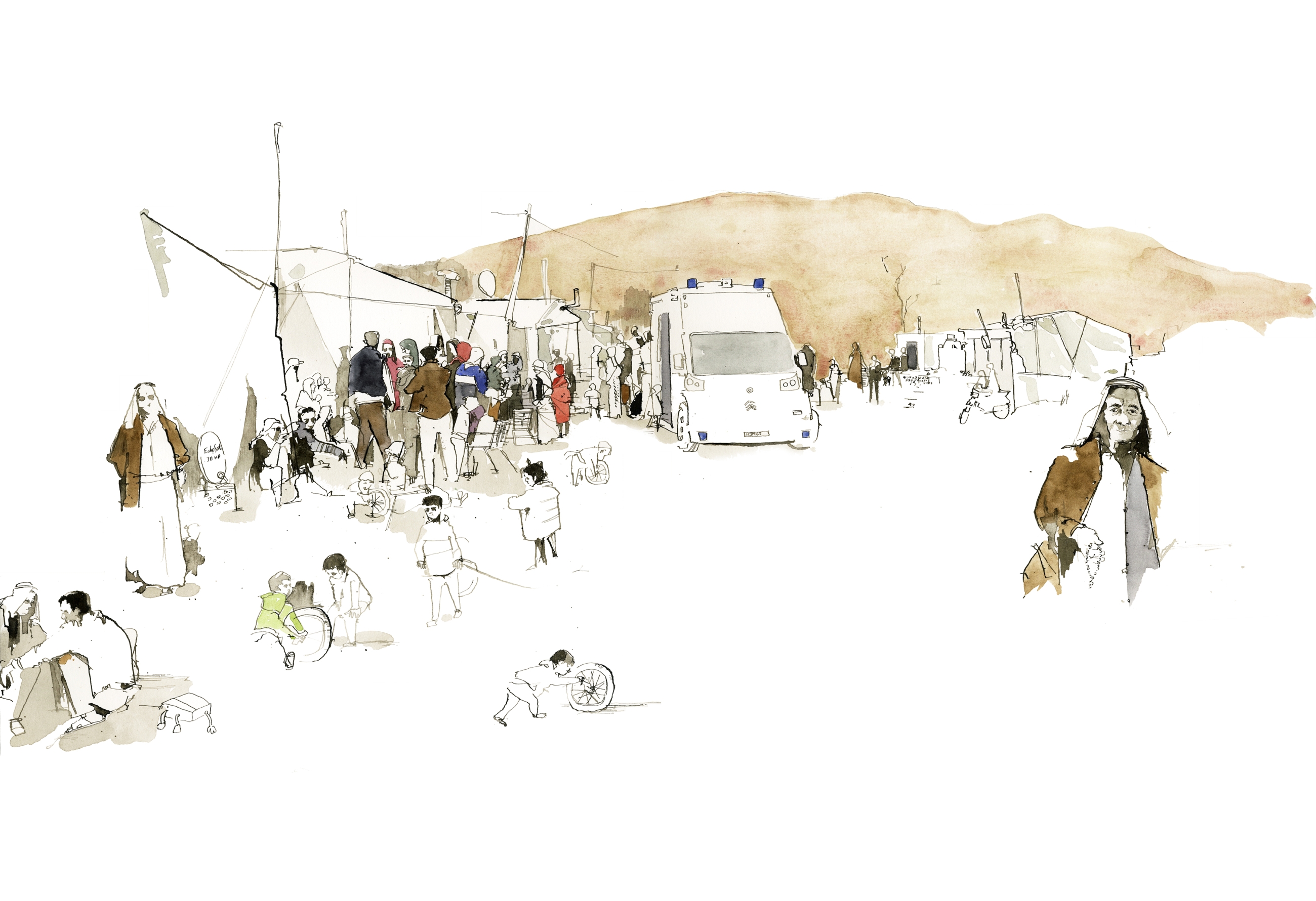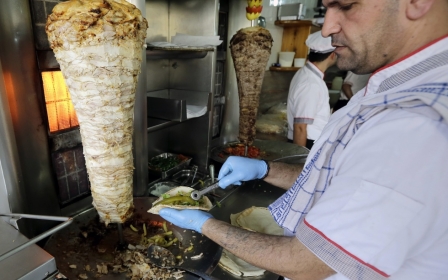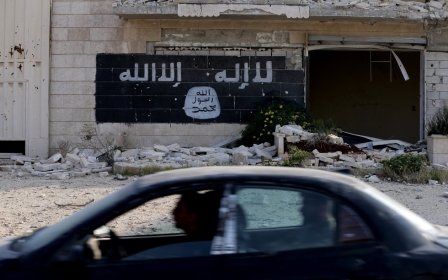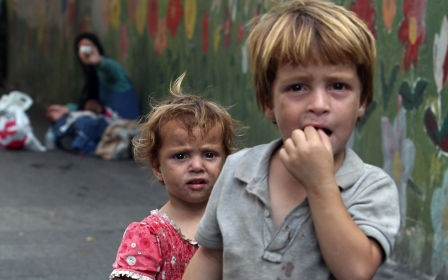War illustrations: Syrians and the objects they could not leave behind

George Butler, 28, is an artist and illustrator from London. He draws from life – often in areas of conflict or difficulty - with pen, ink and watercolour.
In March, Butler travelled to the Bekaa Valley in Lebanon where 400,000 Syrians are living in tin huts and wooden-framed tents. Butler had drawn conflict before: soldiers in Afghanistan, G20 riots in London, life amidst the ruins of a rebel-held town in Syria. But in the Bekaa Valley there were no obvious signs of war.
Instead, Butler asked the families he met to bring out the possessions they brought from Syria. A lighter, a bracelet, an old watch, a remote control for the TV, a teddy bear, a broken lighter, these were the things they grabbed when the shelling started and the lights went out. Most of it was junk with no useful purpose – but it was junk that connected them to their previous life. Junk they could not throw away.
Butler says hand-drawn illustrations - a once popular form of reporting - offers a more humane and less sensationalist way of depicting war. "There's something about drawing that's unthreatening," says Butler. "After ten minutes, you blend into the background, you're just sort of there among people... that's what I find interesting about it. It's almost easier to get to a fly-on-the-wall, objective position."
Captions by George Butler

This family was from the Palestinian camp of Yarmouk. Half way through drawing the doll on the left, the little girl asked why it only had one leg, her worry being that the doll might have lost it during the war. This comment was met with almost no reaction at all from the adults in the room. Normality now, perhaps.

Two Syrian brothers playing with a box their mother had prepared before she left. Vaseline and toothbrushes. Her ID card and sunglasses for her daughter.

A typical settlement on the side of the road in Bekaa Valley. Often wrapped in last weeks advertising campaigns.

An old lady in Al Ain who needed a wheel chair, but could not get one from any aid agencies. Her family explained, that they had relatives 10 miles down the road but could not travel to see them because of the cost.

The teddy bears were grabbed by the children as they left their home. Their mother grabbed a box where she knew there would be a torch. The box happened to have a load of other junk in as well. Some useful, some not. Still, they cannot bring themselves to throw it away. In particular, the television remote control. For their TV in Syria.

The Doctors of the World mobile clinic visiting the area of Kamed al Loz. It provides primary healthcare and advice for the refugee residents. We sat outside on grass and drank tea with most of the occupants. Most of the men had left in search of work for the day. In exchange for having a tent on the farmers land, they would work in the orchards.

Another family's belongings. Actually, I remember the father and the little boy giggling at each other the entire time. They found each other hysterical. Like best friends. The pictures shows an old key ring from their home in Syria; a wedding photograph, a poem she had written about Syria, passport photos of their seven-year-old son, left behind in Syria to go to school, a souvenir from a holiday in Dubai.

Khalid is two and a half, six months younger than the war. You can see him in the picture of the mobile clinic, rolling his broken bicycle wheel round and round in circles.

Moun had this wonderful tattooed face from when she was young.

An Amel clinic in Al Qaa, northern Bekaa. This was a group consultation with psychiatrists. My skepticism about group therapy was soon dissolved, when one woman started passionately talking and most of the room slowly began to cry.

Very often, the people we interviewed had no belongings from Syria. In this case, it was two or three – an expired passport and a clock they salvaged from the remains of their home. Not wanting to change the batteries because the stopped clock showed the Syrian time as they knew it.
Middle East Eye propose une couverture et une analyse indépendantes et incomparables du Moyen-Orient, de l’Afrique du Nord et d’autres régions du monde. Pour en savoir plus sur la reprise de ce contenu et les frais qui s’appliquent, veuillez remplir ce formulaire [en anglais]. Pour en savoir plus sur MEE, cliquez ici [en anglais].




